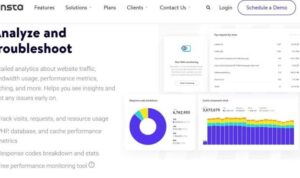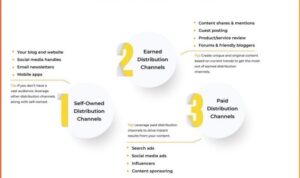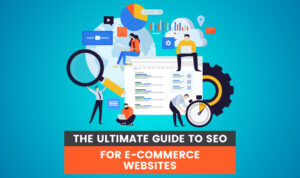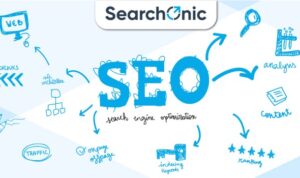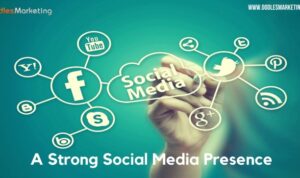Personalization in Marketing dives into the world of tailored strategies to captivate audiences, boost engagement, and drive sales. From defining the concept to implementing cutting-edge technologies, this topic explores the power of personalized marketing in today’s competitive landscape.
Unlock the secrets to creating personalized campaigns that resonate with consumers on a deeper level, ultimately leading to increased brand loyalty and conversions.
Definition of Personalization in Marketing
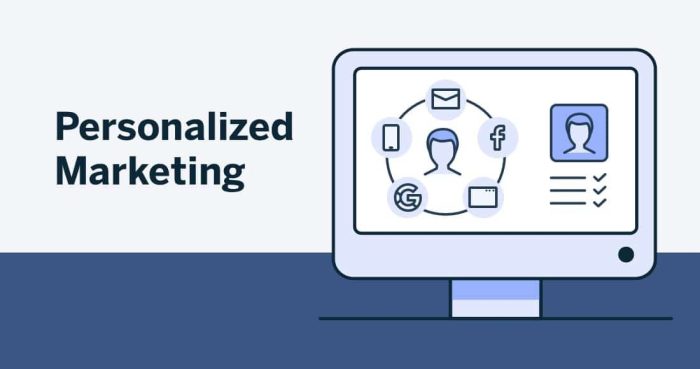
Personalization in marketing refers to the practice of tailoring marketing messages, products, and services to individual customers based on their preferences, behavior, and demographics. It involves using data and insights to create a more personalized and targeted approach to engage with customers.
Importance of Personalization in Marketing Strategies
Personalization is crucial in marketing strategies as it helps businesses create more meaningful and relevant interactions with their customers. By personalizing content and offerings, companies can increase customer engagement, loyalty, and ultimately drive sales. Personalization also helps in building brand trust and customer satisfaction, leading to a competitive advantage in the market.
Examples of Personalized Marketing Campaigns
– Amazon: Amazon uses personalized recommendations based on customers’ browsing and purchase history to suggest products that they might be interested in.
– Spotify: Spotify curates personalized playlists for users based on their listening behavior and preferences, creating a more tailored music experience.
– Netflix: Netflix uses personalized recommendations to suggest movies and TV shows based on users’ viewing history, ratings, and preferences, enhancing the overall streaming experience for each user.
Benefits of Personalization in Marketing
Personalization in marketing brings a whole lot of benefits to the table. Let’s dive into some of the key advantages of implementing personalized marketing strategies.
Improved Customer Engagement
When you personalize your marketing efforts, you show your customers that you understand their needs and preferences. This leads to increased engagement as customers are more likely to pay attention to messages that are tailored specifically to them. By creating personalized experiences, you can build stronger relationships with your customers, ultimately leading to higher levels of engagement and loyalty.
Increased Conversion Rates and Sales
Personalization can have a significant impact on your conversion rates and sales. By delivering relevant content and offers to your customers based on their behavior and preferences, you can increase the likelihood of them making a purchase. When customers feel like you are speaking directly to them and offering solutions that meet their needs, they are more likely to convert. This can result in higher sales and a better return on investment for your marketing efforts.
Strategies for Implementing Personalization
Personalization in marketing can be implemented through various strategies that cater to the individual needs and preferences of customers. By leveraging data analytics and understanding target audiences, businesses can create highly personalized marketing campaigns that drive engagement and conversions.
Utilizing Customer Segmentation
Customer segmentation is a key strategy for implementing personalization in marketing. By dividing customers into distinct groups based on demographics, behavior, or preferences, businesses can tailor their marketing messages and offerings to better resonate with each segment. For example, an online clothing retailer can create personalized recommendations based on a customer’s past purchases and browsing history.
- Segment customers based on demographics, behavior, or preferences.
- Create personalized marketing messages and offerings for each segment.
- Utilize data analytics to track customer interactions and adjust personalization strategies accordingly.
Dynamic Content Personalization
Dynamic content personalization involves displaying different content to website visitors based on their behavior, preferences, or past interactions. This strategy allows businesses to deliver relevant and timely content that resonates with individual users. For instance, an e-commerce website can showcase products related to a customer’s recent searches or purchases.
- Display different content based on user behavior and preferences.
- Use real-time data to personalize website content for individual visitors.
- Implement A/B testing to optimize personalized content and improve conversion rates.
Triggered Emails and Personalized Recommendations
Triggered emails and personalized recommendations are effective strategies for engaging customers and driving repeat purchases. By sending automated emails based on customer actions or preferences, businesses can nurture relationships and encourage further interactions. For example, an online bookstore can send personalized book recommendations based on a customer’s reading history.
- Set up triggered email campaigns based on customer actions or preferences.
- Use personalized recommendations to suggest relevant products or services to customers.
- Monitor email engagement metrics to refine personalization strategies and improve campaign performance.
Tools and Technologies for Personalization
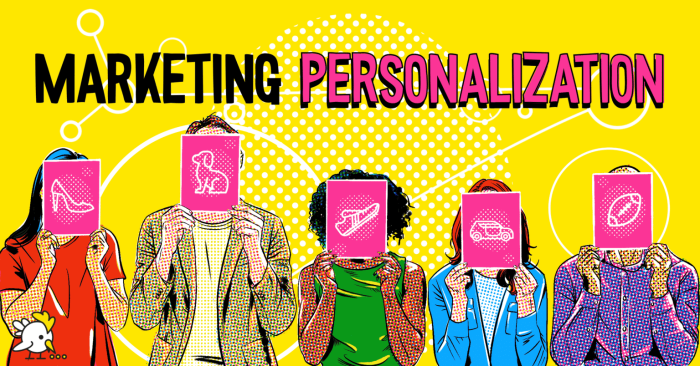
Implementing personalized marketing requires the use of various tools and technologies to effectively reach target audiences and deliver tailored experiences. Let’s explore some popular options below.
Customer Relationship Management (CRM) Systems
- CRM systems like Salesforce, HubSpot, and Zoho CRM help businesses manage customer data, interactions, and preferences to create personalized marketing campaigns.
- These platforms enable segmentation of customers based on behavior, demographics, and purchase history for targeted messaging.
Marketing Automation Software
- Tools such as Marketo, Pardot, and Mailchimp automate personalized email campaigns, lead nurturing, and customer journey mapping.
- Automation streamlines repetitive tasks, allowing marketers to focus on crafting personalized content and strategies.
AI and Machine Learning Algorithms
- AI-powered tools like Adobe Sensei, IBM Watson, and Google AI enhance personalization efforts by analyzing data to predict customer behavior and preferences.
- Machine learning algorithms can dynamically adjust content, product recommendations, and messaging in real-time based on user interactions.
Personalization Platforms
- Platforms such as Evergage, Dynamic Yield, and Monetate offer advanced personalization capabilities, including website customization, product recommendations, and triggered messaging.
- These tools enable marketers to create unique experiences for individual customers across various touchpoints.
